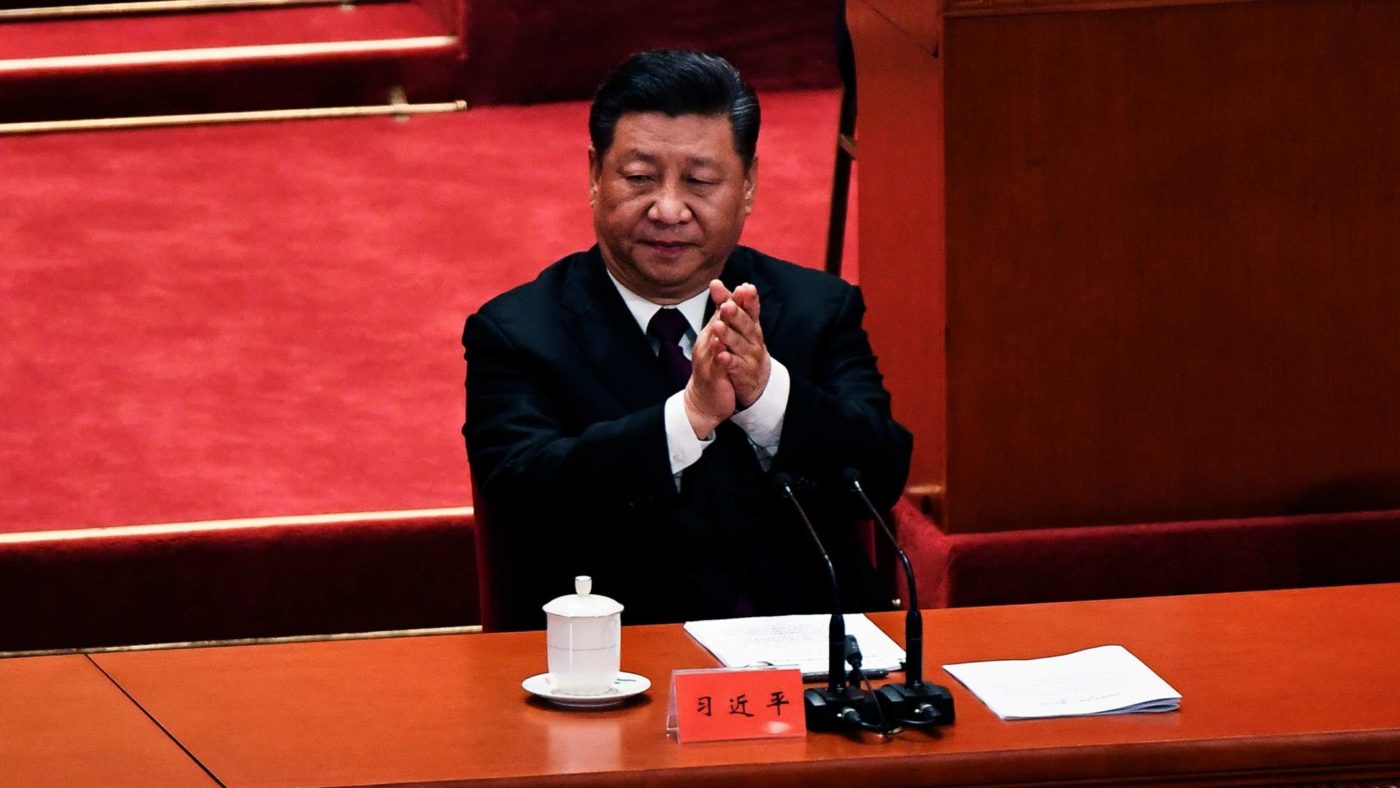There had been much speculation about President Xi Jinping’s long-awaited speech in the Great Hall of the People marking the 40th anniversary of ‘Reform and Opening Up’. Although the recent detention of Huawei’s CFO undoubtedly upset China’s leaders, Beijing looked as though it was warming to compromise following the temporary trade war truce agreed at the G20 in Buenos Aires last month.
Yet, expectations that Xi would use the speech to commit again to market-oriented economic reforms, many of which have stalled or been diluted since first getting an airing in 2013, were disappointed. His 90 minute speech was a defiant and political assertion of the just and correct role of the Communist Party’s sole political authority in the past, present and future. Anyone who thought that Xi Jinping was a closet reformer waiting for the right moment to shed one skin and reveal another should now be disabused of any such notion. And it will be to China’s cost.
Forty years ago to the month, the newly appointed vice-premier, Deng Xiaoping, exhorted Party cadres to ‘seek truth from facts’ and liberate their thinking as they looked to ‘reform and opening up’ as the key to unlocking economic stagnation in China. Agricultural and land reform, private enterprise experiments, special economic zones, new forms of ownership and more inclusive forms of governance all followed. In 1979, Coca-Cola became the first foreign firm allowed into China since 1949, and Chinese leaders and academics engaged in extensive engagement with the rest of the world to learn, absorb and implement new policies and practices.
This China, and the one that evolved in the following 35 years, became renowned for its economic policy pragmatism and capacity to manage change well. Xi Jinping’s China is something else.
It pays lip service to ‘economic reform’ and to ‘encouraging, supporting and guiding the development of the non-state economy’, but there is no question about its priorities. Xi insisted that China must rely on Party rule and reform to meet ‘unimaginable perils and dangers ahead’, and that the number one lesson the last 40 years is that China must stand firmly by the leadership of the Party, which is the fundamental characteristic of ‘socialism with Chinese characteristics’ – a phrase with which he is strongly associated and which has become enshrined in the Party and State constitutions.
While not surprising, some China watchers and commentators had nevertheless thought that change might be afoot. A new campaign to punish theft of intellectual property had been announced. The government had stepped up purchases of US agricultural goods and natural gas, and said it would reduce at least temporarily the punitive 25 per cent tariff on US auto imports back to the previous rate of 15 per cent.
Importantly, the government had also dialled down the rhetoric surrounding its assertive industrial and technology policies amid suggestions that new initiatives about forced technology transfer, foreign ownership limits, cyber-theft, SOE privileges and the opening up of service industries might be forthcoming.
Even if China did make some incremental changes in policy, though, Xi’s speech did not suggest that the government is even close to serious reform or concessions in these key areas. In the next few days, the annual Central Economic Work Conference is due to take place, but this is more of a year-ahead policy-setting forum.
Following the Politburo meeting last week, the Conference’s strategy is likely to focus attention on the need for economic stability, so-called ‘supply side structural reform’, and the need to address poverty, pollution, and financial risks – although the government is already pulling back from tight control of the latter two in deference to the faltering rate of economic growth.
Xi’s speech has been highlighted here and there for its warning that “no one is in a position to dictate to China what should or should not be done”, but this is surely no less than we might have expected in the midst of a trade and perhaps wider cold war.
Some have also emphasised Xi’s referring to the benign and non-hegemonic nature of the Belt and Road financing initiatives, but again this is an expected defence in the face of mounting criticism of Chinese practices from Belt and Road recipient countries. The true colours of Xi’s China, though, are revealed in the insistence that the last 40 years prove “the Party’s path, theory, system and culture are absolutely correct”.
There is no room here for the marketisation, entrepreneurship and learning from abroad that Chinese dissenters have this year articulated for the first time under Xi as the real causes of China’s success, and key to the future. And no thought that the path ahead laid out by Xi’s China is leading towards confrontation and instability.


